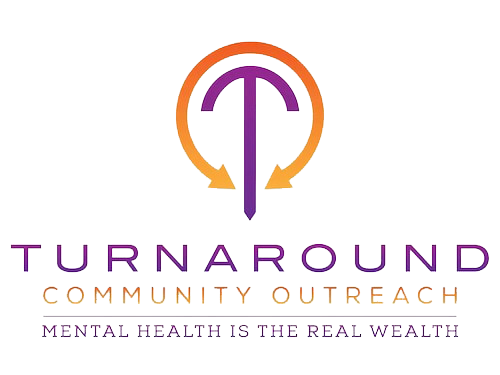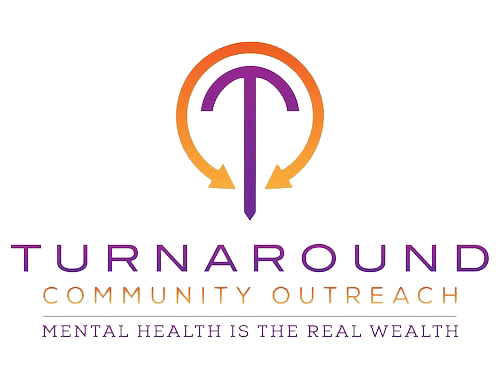Police brutality and impact on victims and families of victims mental health.
Police brutality is a serious and ongoing problem in the United States. Victims of police brutality can suffer physical and mental trauma, leading to lasting psychological damage. The issue of police brutality and its impact on the mental health of victims has only recently been brought to light, but still needs further attention in order to ensure justice for those affected.
Victims of police brutality may experience a range of mental health issues, including depression, PTSD, and anxiety. Victims may also struggle with trust issues that can manifest as a result of their experience. Additionally, individuals who have experienced police brutality may experience physical and emotional pain and fear. In extreme cases, individuals may suffer from flashbacks and suicidal ideation.
The long-term effects of police brutality on mental health include physical and psychological symptoms, such as insomnia, poor concentration, nightmares, numbness, and helplessness. It is important to recognize the mental health issues associated with police brutality and to provide proper support for victims.
Therapy can be an important part of the recovery process for victims of police brutality. A therapist can help victims work through their trauma, learn where and how to get help if needed, develop coping skills, and more. Group therapy can also be beneficial, as it allows victims to find community and support from others who have experienced similar trauma.
It is our responsibility to ensure that victims of police brutality receive the help they need to heal and find support.
10 Coping skills if you suffer from bipolar disorder
1. Identify and practice healthy coping strategies such as deep breathing, visualization, or progressive muscle relaxation.
2. Try to avoid unhealthy coping strategies such as self-medicating with alcohol or drugs, withdrawing socially, or engaging in risky behaviors.
3. Develop a support network of friends, family, and mental health professionals who can help you when times get difficult.
4. Monitor your moods and recognize how triggers may affect your emotional state.
5. Learn to recognize early warning signs such as changes in sleep patterns, increased irritability, or racing thoughts.
6. Regularly engage in physical activity to increase dopamine levels, regulate body chemistry, and reduce stress.
7. Schedule regular breaks throughout the day to give yourself time to relax and recharge.
8. Create a routine and stick to it in order to maintain healthy rhythms.
9. Balance your daily schedule by setting aside time for work, play, and sleep.
10. Get adequate rest each night and make sure that you get enough sleep.
So, I was reading this piece on Andrew Harrer of NBC news and thought that this was the most amazing news I've heard recently, despite all the negative news that gets put out seems like every other minute. Starting Tuesday, all U.S. military veterans in suicidal crisis will be eligible for free care at any VA or private facility. When I saw this, I thought to myself, "Wow U.S. way to take care of the vets that risk it all to keep your best interests and liberties intact.
As veterans of the United States military, it is a sad truth that too many men and women who have served their country struggle to access the mental health treatment they need. The unfortunate truth is that there is still much work to be done to ensure all veterans have access to quality mental health care.
For veterans returning from deployments, the transition to civilian life can be difficult. They often find themselves facing a plethora of challenges ranging from PTSD, depression, and anxiety disorders to substance abuse and addiction. Without access to the appropriate care, veterans may struggle to overcome these issues, resulting in long-term physical and emotional health consequences.
The VA (Veterans Administration) provides an array of services for veterans struggling with mental health issues, including individual and group therapy, medication management, and other evidence-based treatments. Unfortunately, despite the availability of these services, many veterans are unable to access quality care due to limited availability, long wait times, and a lack of providers in certain locations.
To improve access to mental health care for veterans, there need to be more resources allocated to VA programs, so that those in need can receive care in a timely manner. Additionally, outreach and awareness efforts should be increased in order to make sure veterans know what services are available and how to access them. There also needs to be a concerted effort to increase the number of VA-affiliated mental health providers so that veterans are able to access care from qualified professionals in their area.
Finally, veteran organizations, advocacy groups, and local communities can do their part to ensure that all veterans have access to the mental healthcare they deserve. Community-based initiatives such as peer support networks, workshops, and anti-stigma campaigns can help to reduce the barriers to treatment and create an encouraging environment for veterans to seek treatment.
It is our solemn duty to ensure that those who have bravely served their country have access to the care they need and deserve. We must come together to create a system that truly serves our veterans and provides them with the tools they need to heal and live a full and happy life.

